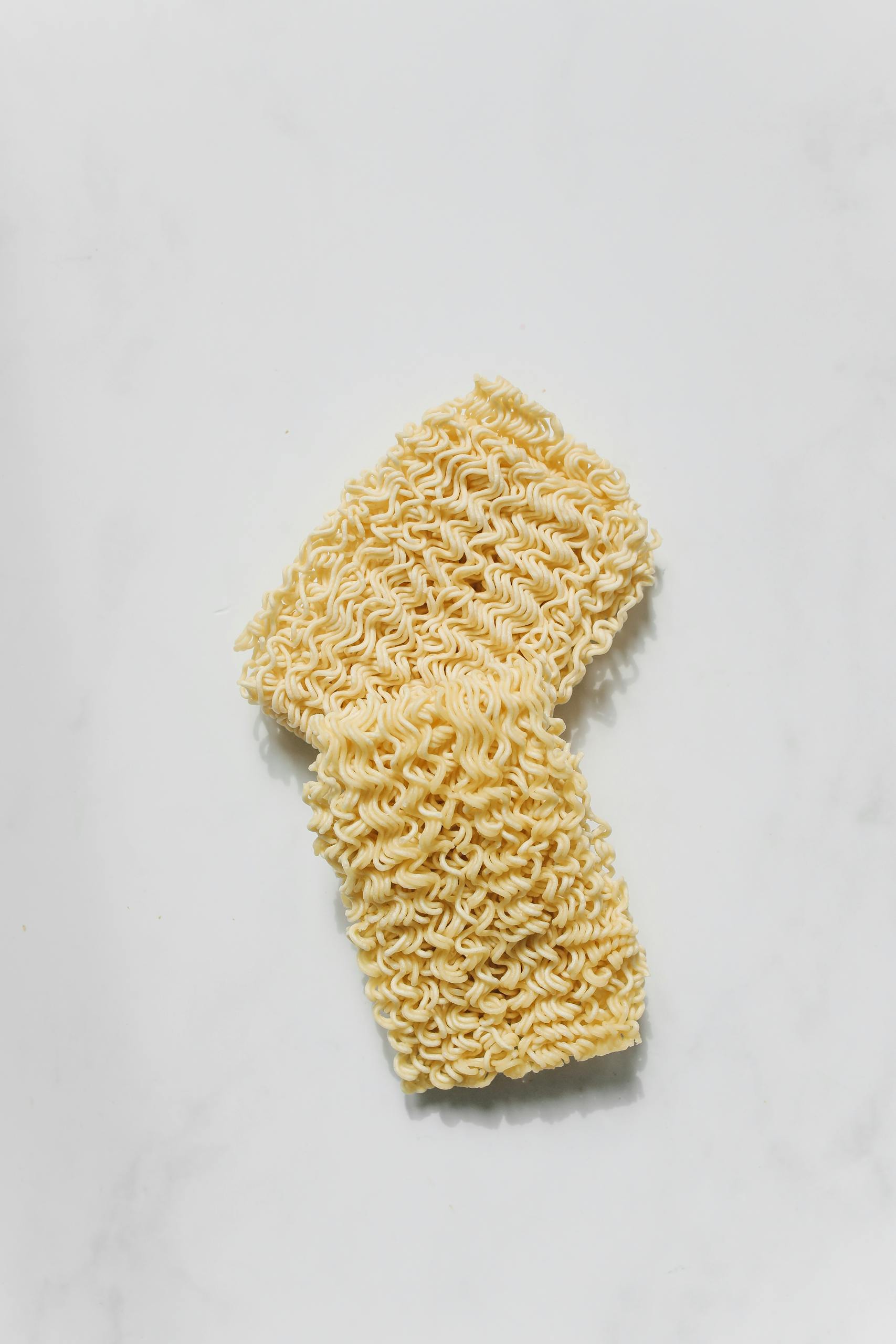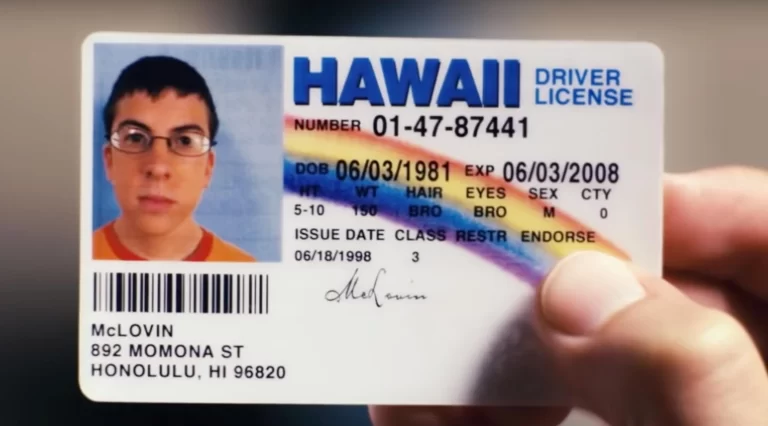Understanding Jail Commissary: An Easy Guide for Supporting Incarcerated Loved Ones (2024)
Learn everything about jail commissary systems in 2024. Discover how to support your incarcerated loved ones, what items are available, and how to navigate the process with ease.
Introduction: Navigating the World of Jail Commissary
When a loved one is incarcerated, understanding the jail system becomes crucial, especially when it comes to providing for their basic needs and small comforts.
One key aspect of this is the jail commissary system, also known as the jail canteen. But what exactly is it, and how does it work? This small guide will walk you through everything you need to know about jail commissaries and how to support your incarcerated loved one effectively.
Before we dive in, let’s look at some eye-opening statistics about incarceration and commissary use in the United States:
- 🏛️ Over 2 million people are incarcerated in the U.S. as of 2024
- 💰 The average inmate spends $947 per year on commissary items
- 🍽️ 75% of commissary purchases are for food and beverages
- 📈 The prison commissary market is estimated to be worth over $1.6 billion annually
- 🧼 Hygiene products account for about 20% of commissary sales
These numbers underscore the importance of the commissary system in the lives of incarcerated individuals. Now, let’s explore how you can navigate this system to support your loved one.
What is a Jail Commissary?
A jail commissary, also known as a canteen or inmate commissary, is a store within a correctional facility where inmates can purchase additional food, hygiene products, personal items, writing materials, and other approved items not provided by the institution.
It’s essentially a convenience store behind bars, allowing inmates to supplement their basic provisions and maintain a sense of choice and normalcy.
How Does Jail Commissary Work?
The jail commissary system operates on a few basic principles:
- Inmate Accounts: Each inmate has a personal account, similar to a bank account, where money can be deposited.
- Order Forms: Inmates typically fill out order forms, selecting items from an approved list. They submit a commissary order using the order form, which is then processed by commissary staff.
- Spending Limits: There are usually weekly or monthly spending limits to prevent inequalities and security issues.
- Delivery: Ordered items are delivered to inmates on scheduled days, often once or twice a week. Family and friends can also order commissary items for inmates through scheduled services.
- Payment: The cost of items is deducted from the inmate’s account upon order or delivery.
Jail Commissary vs. Prison Commissary: Are They the Same?
While jail and prison commissaries operate on similar principles, there are some key differences:
| Aspect | Jail Commissary | Prison Commissary |
| Duration | Short-term stay (usually under a year) | Long-term incarceration |
| Variety of Items | Limited selection | Broader range of items |
| Frequency of Access | Often weekly | Can be more frequent |
| Spending Limits | Generally lower | May be higher |
| Brand Options | Limited | More brand choices in some cases |
Despite these differences, the core concept remains the same: providing inmates with access to additional items to improve their quality of life during incarceration.
What Commissary Food Jail Items Are Available in Jail/Prison Commissary?
Commissary items vary by facility but commonly include:
- Food and Beverages
- Snacks (chips, cookies, candy)
- Instant noodles and soups
- Coffee and tea
- Soft drinks
- Hygiene Products
- Soap and shampoo
- Deodorant
- Toothpaste and toothbrushes
- Feminine hygiene products
- Stationery
- Writing paper and envelopes
- Pens and pencils
- Stamps
- Postage stamps
- Clothing
- Undergarments
- Socks
- T-shirts
- Entertainment
- Playing cards
- Puzzle books
- Radios (in some facilities)
- Miscellaneous
- Reading glasses
- OTC medications
- Shoes or shower shoes
Commissary Rules and Restrictions
Navigating the commissary system involves understanding the various rules and restrictions that are in place to ensure fairness and security. Here are some common guidelines you might encounter:
- Spending Limits: Most facilities impose a monthly spending limit on commissary items, typically ranging from $300 to $400. This helps maintain equity among inmates and prevents any one individual from monopolizing resources.
- Item Restrictions: Certain items are strictly prohibited from being sold in the commissary. These include tobacco products, firearms, and any form of explosives, ensuring the safety and security of the facility.
- Classification Levels: Inmates are assigned classification levels based on their behavior and security risk. Those with higher classification levels may have access to a broader range of commissary items.
- Order Frequency: Inmates are generally allowed to place commissary orders on a weekly or bi-weekly basis, depending on the facility’s schedule.
- Order Limits: There may be restrictions on the number of items an inmate can purchase per order to ensure fair distribution and manage inventory effectively.
- Payment Methods: Inmates can only use funds from their commissary account to pay for items. Family members can deposit money into these accounts using approved methods, such as online transfers or money orders.
Understanding these rules and restrictions can help you better support your loved one by ensuring they can make the most of their commissary privileges.
How to Add Money to an Inmate’s Commissary Account
Supporting your loved one by adding money to their commissary account is a straightforward process:
- Obtain Inmate Information: You’ll need your loved one’s full name, inmate ID number, and facility information to ensure the funds are correctly added to the inmate’s account.
- Choose a Deposit Method: Options typically include:
- Online transfers through the facility’s approved vendor
- Lobby kiosks at the correctional facility
- Phone systems
- Mail (money order or cashier’s check)
- Follow Facility Guidelines: Each facility has specific rules about deposit amounts, frequency, and accepted payment methods.
- Keep Records: Always maintain receipts and transaction records for your deposits.
- Be Aware of Fees: Some deposit methods may incur service fees.
Managing Commissary Accounts
Effectively managing a commissary account is crucial for inmates to access the items they need. Here’s a breakdown of how the system works:
- Inmate Trust Fund: Each inmate has a personal trust fund, also known as their commissary account. This account holds money earned from prison jobs or sent by family members.
- Depositing Money: Family members can deposit money into an inmate’s commissary account through various approved methods, such as money orders, online deposits, or lobby kiosks at the correctional facility.
- Withdrawals: Inmates can withdraw money from their commissary account to purchase items from the commissary. This process is managed by the facility to ensure proper accounting and security.
- Account Management: Inmates can manage their commissary account by checking their balance, viewing transaction history, and updating account information as needed. This helps them keep track of their spending and plan future purchases.
- Commissary Staff: The commissary staff plays a vital role in managing the system. They process orders, handle payments, and maintain inventory, ensuring that the commissary operates smoothly and efficiently.
By understanding how to manage commissary accounts, you can help your loved one make the most of their resources and maintain a sense of normalcy during their incarceration.
Potential Issues with Jail Commissary Systems
While commissaries provide essential services, they’re not without challenges:
- High Prices: Items are often more expensive than in outside stores. This can be due to security measures, limited supplier options, and the costs associated with running a commissary within a correctional facility. Prices can be even higher in state prisons due to additional security measures aimed at preventing theft, robbery, and assault related to commissary items.
- Limited Selection: Choices can be restricted, especially in smaller facilities. This limitation is often due to security concerns, storage constraints, and the need to cater to a diverse inmate population with a manageable inventory.
- Quality Concerns: Some inmates report issues with product quality. This can include expired food items, poorly made clothing, or hygiene products that don’t meet expectations.
- Delivery Delays: Orders may sometimes be delayed due to various factors such as staffing shortages, security lockdowns, or inventory issues. This can be particularly frustrating for inmates waiting for essential items.
- Account Issues: Mistakes in money transfers or account balances can occur. These can be due to technical glitches, human error, or delays in processing payments from outside sources.
- Spending Limits: While necessary for security and fairness, spending limits can be frustrating for inmates who need or want to purchase more items.
- Commissary as Punishment: Some facilities may restrict commissary access as a form of discipline, which can be controversial, especially when it limits access to essential hygiene items.
Frequently Asked Questions
- Q: How often can inmates order from the commissary? A: This varies by facility, but typically orders can be placed weekly or bi-weekly.
- Q: Is there a limit to how much money I can send? A: Yes, most facilities have daily, weekly, or monthly deposit limits.
- Q: Can I send specific items instead of money? A: Generally, no. Most facilities require you to send money, which the inmate then uses to purchase approved items.
- Q: What happens to the commissary account when an inmate is released? A: Usually, the remaining balance is returned to the inmate upon release, often in the form of a check or debit card.
- Q: Can commissary privileges be revoked? A: Yes, commissary access can be limited or revoked as a disciplinary measure.
- Q: Are commissary items taxed? A: This varies by state and facility. Some states do not tax commissary purchases, while others do.
- Q: Can inmates gift commissary items to other inmates? A: Generally, this is not allowed due to security concerns and to prevent bullying or extortion.
- Q: What happens if an item is out of stock? A: Typically, the item is either substituted with a similar product, or the charge is refunded to the inmate’s account.
- Q: Can family members see what items an inmate has purchased? A: Usually not. Due to privacy regulations, purchase history is typically only available to the inmate and authorized facility staff.
- Q: Are there healthier food options available in the commissary? A: While options can be limited, many facilities are increasingly offering healthier choices like fresh fruit, nuts, and whole grain products.
- Q: Who manages the commissary transactions? A: Commissary transactions are managed by the correctional officer, who ensures that all purchases comply with facility rules and spending limits.
Helpful Resources and Links
- Federal Bureau of Prisons Commissary List
- National Institute of Corrections
- JPay
- GTL Connect Network
- Prison Policy Initiative – Commissary Report
- American Bar Association – Inmate Communication Services
- Learn how commissary services are scheduled and delivered to each housing unit within correctional facilities
Quick Recap: Supporting Your Incarcerated Loved One
- Gather Information: Get your loved one’s full name, inmate ID, and facility details.
- Choose a Deposit Method: Select the most convenient option (online, kiosk, phone, or mail).
- Set Up an Account: If using an online system, create an account with the approved vendor.
- Make Regular Deposits: Establish a routine for adding funds to the commissary account.
- Communicate: Stay in touch with your loved one to understand their needs and preferences.
- Keep Records: Maintain a log of all your transactions and communications.
- Stay Informed: Keep up with facility rules and any changes in the commissary system.
Conclusion: Bridging the Gap with Care and Support
Understanding and navigating the jail commissary system is a crucial way to support your incarcerated loved one. By providing access to additional food, hygiene products, and small comforts, you can significantly improve their quality of life during a challenging time.
Remember, while the commissary system has limitations and challenges, it remains a vital link between inmates and the outside world. Your support through this system not only provides for your loved one’s physical needs but also offers emotional comfort, showing them they’re not forgotten.
As you use this guide to navigate the commissary system, remember that rules and procedures can vary between facilities. Always check with the specific correctional institution for the most up-to-date information and guidelines.
Your efforts to understand and utilize the jail commissary system are a powerful demonstration of love and support. In the complex world of incarceration, these small gestures of care can make a world of difference to your loved one.







